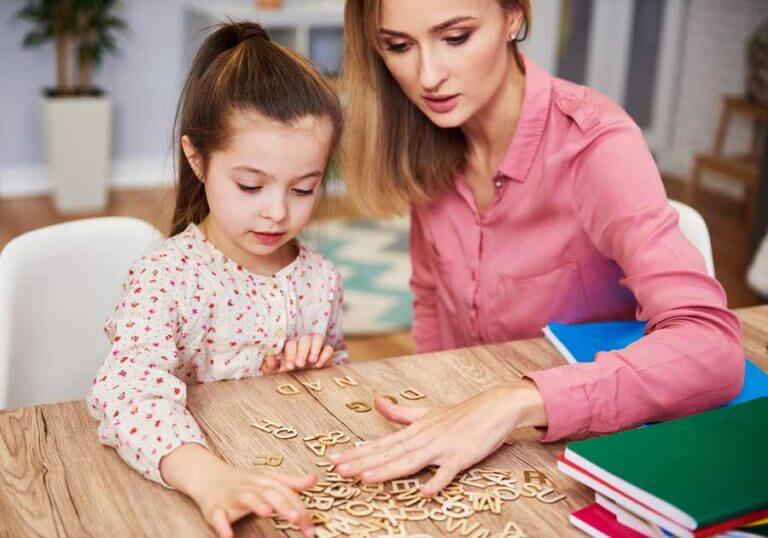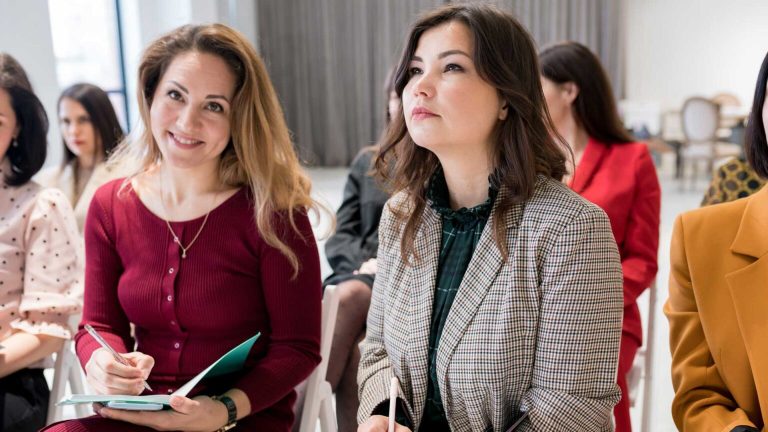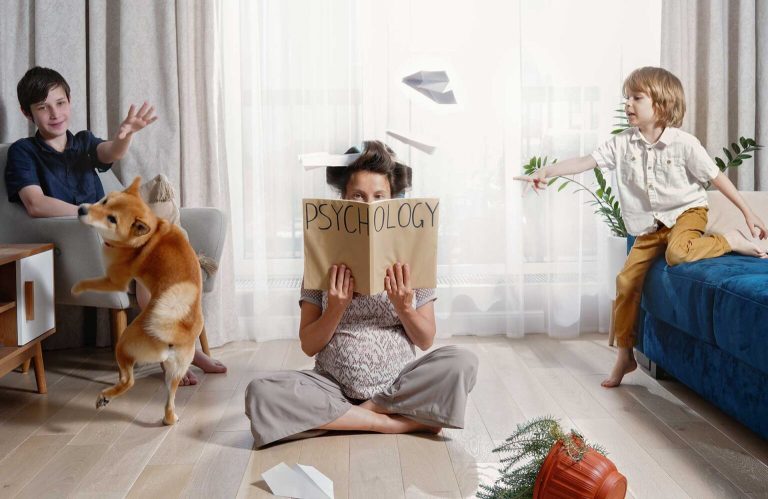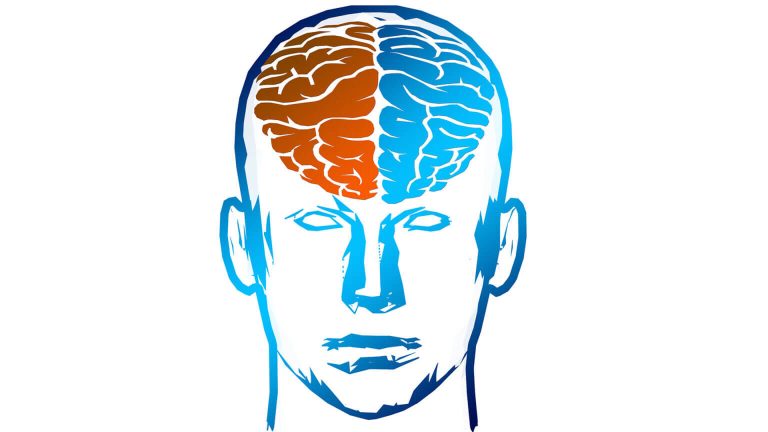Child Development Theories
Many theories regarding child development have been proposed to date. These theories address the changes that occur from an individual’s birth to puberty.
Most of the major physical, psychological and emotional developments are achieved during this period. Understanding a child’s behavior and paying attention to their mental health is critical because early stages of development form the foundation for their future actions and perceptions.
Child development theories help us in understanding these behaviors and how they change over time. Some of the most significant theories put forward by contemporary psychologists for explaining these developmental changes are listed below.
Cognitive Developmental Theory
This theory was proposed by Jean Piaget. The cognitive-developmental theory explains the qualitative changes in a child’s cognitive/thought processes using various stages. Since children’s cognitive functions differ from those of adults, the theory proves to be useful in understanding the mental status of children at a particular age.


1. Sensorimotor stage:
This stage occurs between 0-2 years of age. During this phase, the child has not developed complex cognitive functions and perceives his/her surroundings through sensory and motor reflexes. During this time, the child acquires new experiences and begins to learn about the world.
2. Preoperational stage:
This stage occurs between 2-7 years of age. The child starts to grasp simple words, recognizes objects, and thinks figuratively. Logic and reasoning, on the other hand, do not develop much during this phase.
3. Concrete operational stage:
This stage occurs between 7-11years of age. Children begin to think rationally and comprehend other people’s points of view. They do not, however, fully comprehend hypothetical notions.
4. Formal operational stage:
This stage occurs between the ages of 12 and above. At this stage, the youngster begins to understand key world ideas, develops abstract thinking abilities, and comprehends more complicated situations.
The cognitive-developmental theory helps psychologists and health workers understand how each child acquires new knowledge and experiences, as well as their mental and psychological level.
Social Learning Theory
Albert Bandura’s social learning theory seeks to explain the psychology of observational learning. It states that children learn not just via reinforcement and their surroundings, but also through observing and listening to the specific behaviors of other people. Children are more prone to mimic a particular behavior if they believe they will be rewarded for it.
According to the theory, children can acquire different behaviors through virtual or fictitious sources rather than only real models. They can learn new behaviors from others and incorporate them into their own life. This assists children in determining if a specific behavior is rewarding or unpleasant.
The observed behaviors, however, do not always suggest that the child will exhibit them. Factors such as attention, memory, repetition, and motivation are required to engage in observational learning.
Sociocultural Theory
The sociocultural theory proposed by Lev Vygotsky is one of the most influential theories in psychology. According to this theory, society and culture play an important role in influencing a child’s behavior. Children’s personal development is largely influenced by other people in their surroundings. Vygotsky’s theory can help us comprehend these developmental changes and teach the concept of “self-improvement” to teenagers so that they can live emotionally and mentally healthy lives.
“The zone of proximal development” is a significant concept under this theory. This idea describes how youngsters may gradually broaden their knowledge with the assistance of people who are more experienced.
Behavioural Child Development Theory
According to the behavioral development theory, a child’s growth and behavior are heavily influenced by his or her experiences. This theory is supported by two key concepts: classical conditioning and operant conditioning.
Classical conditioning (given by Ivan Pavlov) happens when learning develops as a result of the connection of two distinct stimuli. When the child experiences comparable stimuli for the second time, he elicits a learned reaction.
The learning that happens as a result of various consequences, such as rewards or punishment, is referred to as operant conditioning (given by BF Skinner). A child, for example, will stop engaging in certain behavior that has resulted in punishment, and continue to engage in more rewarding behaviors.
Attachment Theory
John Bowlby’s attachment theory describes how the relationship that forms between the newborn and the guardian from birth impacts the child’s development. Children are born with a natural propensity to develop attachments and hence form connections with their primary caregivers. This enhances the child’s chances of survival since they are safe with their caretakers.
The type of attachment a child has with his or her caregiver has a significant influence on future relationships. Individuals who did not receive proper care and had weaker connections as children are more likely to create insecure and unstable relationships later in life. Individuals who have received adequate support and care, on the other hand, will build more secure and stable future relationships.
Attachment theory is one of the most significant ideas in psychology, and it may help us in understanding the neglected children and support them on their path to self-improvement.
Conclusion
Numerous theories about child development have emerged as a result of advancements in the field of psychology. These theories have contributed to a better understanding of the developmental and behavioral changes that occur in children at various stages. It is critical to understand children’s developmental health so that their growth can be tracked and the learning process can be organized accordingly.
These theories benefit not only psychologists and health professionals, but also parents/caregivers, allowing them to actively support and engage in their child’s psychological development. The way a person behaves or reacts to the environment around him or her is largely determined by how these early changes occurred. Ensuring a child’s healthy development is essential for his or her mental health.
More similar theories must be created to obtain a better understanding of the psychology of human behavior. These theories may be used as a guideline to help many people who are struggling to cope with society and comprehend the concept of self-improvement.







